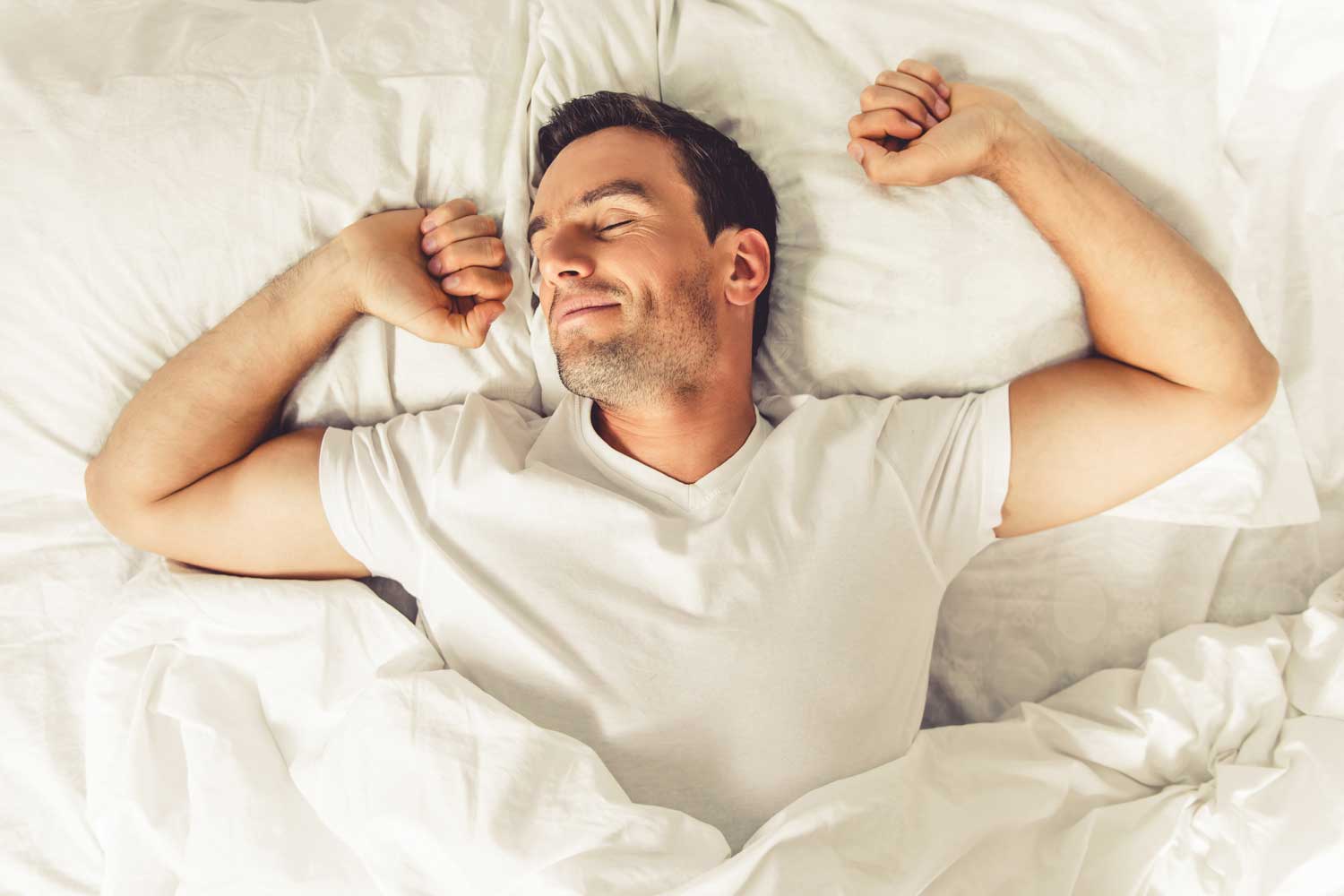
Sleep and lack thereof is a topic growing in popularity in recent years—as many of us are working longer hours and are faced with mounting pressures. Our sleep is also sometimes affected by unhealthy habits and biological factors.
With so many possible sleep solutions out there, it’s difficult to navigate what is in our best interest to try or take for relief of sleeplessness.
Narrator of the World’s Leading Sleep Podcast Drew Ackerman has partnered with Flordis ReDormin Forte to share some more natural alternatives that we can start incorporating in our daily sleep routine.
Avoid long naps
It’s common to sink into a 3pm slump, and some of us will succumb to that late afternoon nap. While this can give people the extra energy boost they need—anything more than 2 hours or nearing the evening can disrupt your circadian rhythm.
If you can, avoid taking a long nap and aim to get an early and good night’s rest instead. However, if you do take a nap, try to aim for a power nap of 15-30 minutes in early afternoon, as this will leave you feeling rejuvenated and give you the energy to finish your day.
Have a hot bath or shower
Something as simple as a hot bath or shower before bed may help increase sleepiness at bed-time. What was once a night time ritual for children is now encouraged amongst adults to help get to sleep.
Avoid caffeine
Found in coffee, most teas, chocolate, cola and energy drinks—caffeine is a stimulant, meaning it triggers wakefulness, which can disrupt sleeping patterns. Try to avoid consuming caffeine at least four hours before bedtime, or for those who have adverse effects, try to avoid caffeine all together.
Take a natural supplement
For those struggling to sleep—there are herbal alternatives. Supplements containing extracts of Valerian and Hops have been shown to help restore sleep patterns over 2 weeks to get your sleep cycle back on track.
Listen to a podcast
Podcasts have become an increasingly popular tool to help those with sleeping difficulties drift off. Podcasts like ‘Sleep with Me’ helps to put listeners to sleep through pointless tangents and monotone storytelling. This style of podcast narrative is effectively putting to sleep with this form of ‘adult’ storytelling.
Always read the label. Use only as directed. If symptoms persist talk to your health professional.















